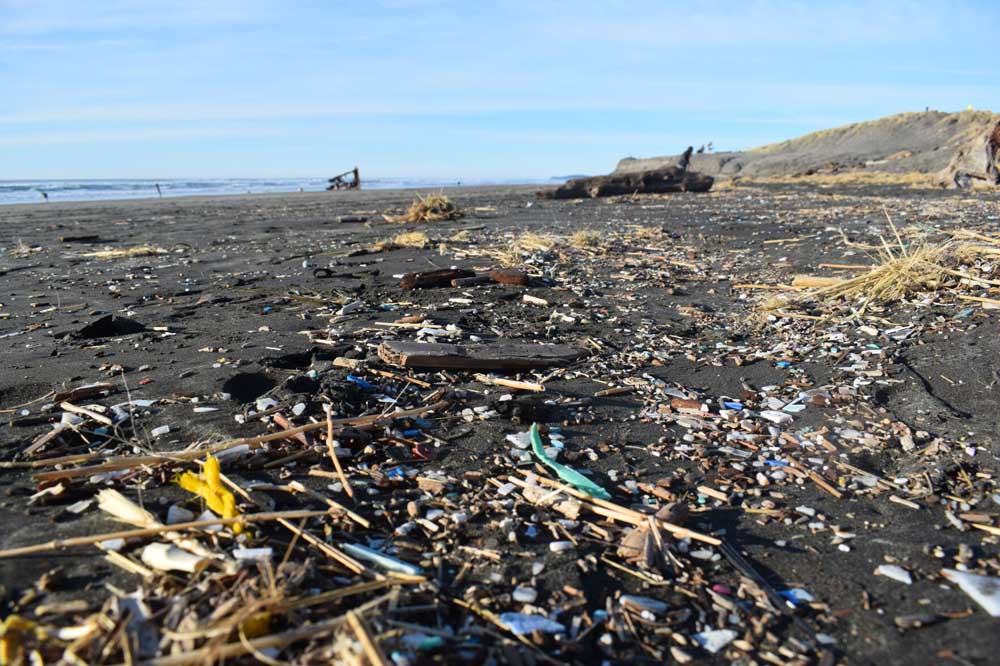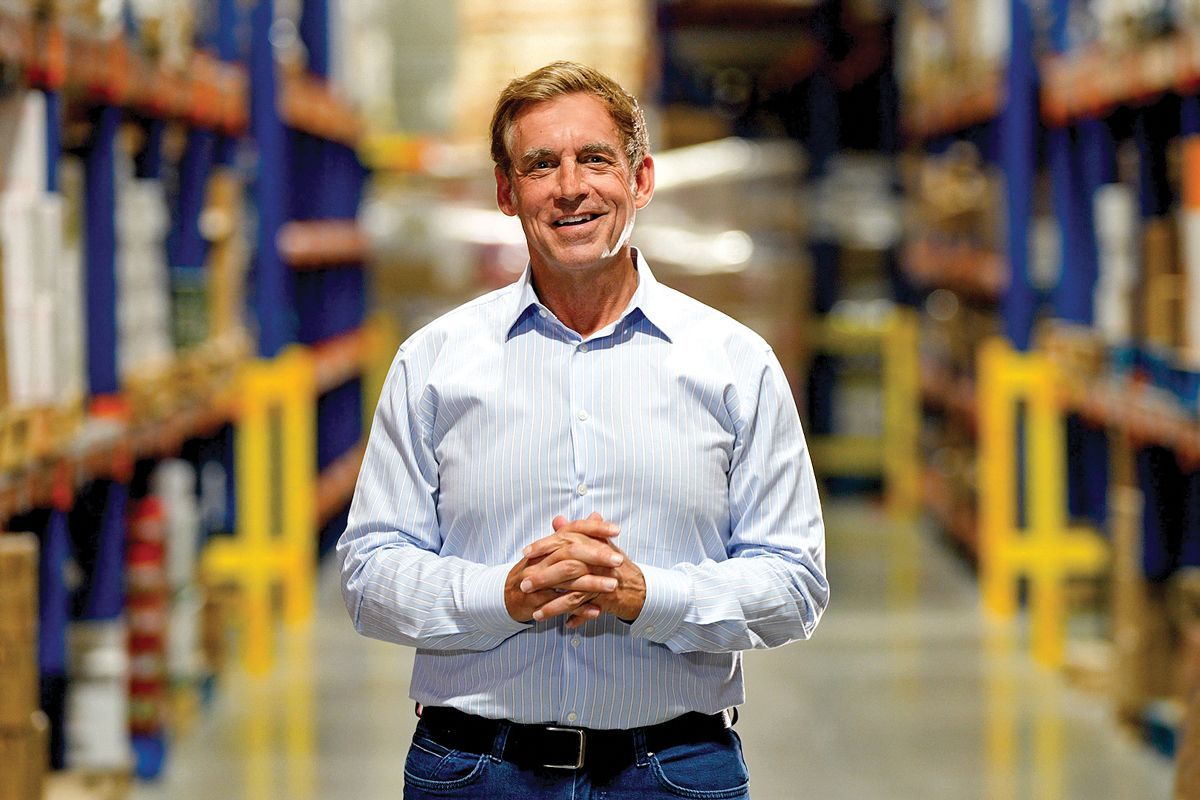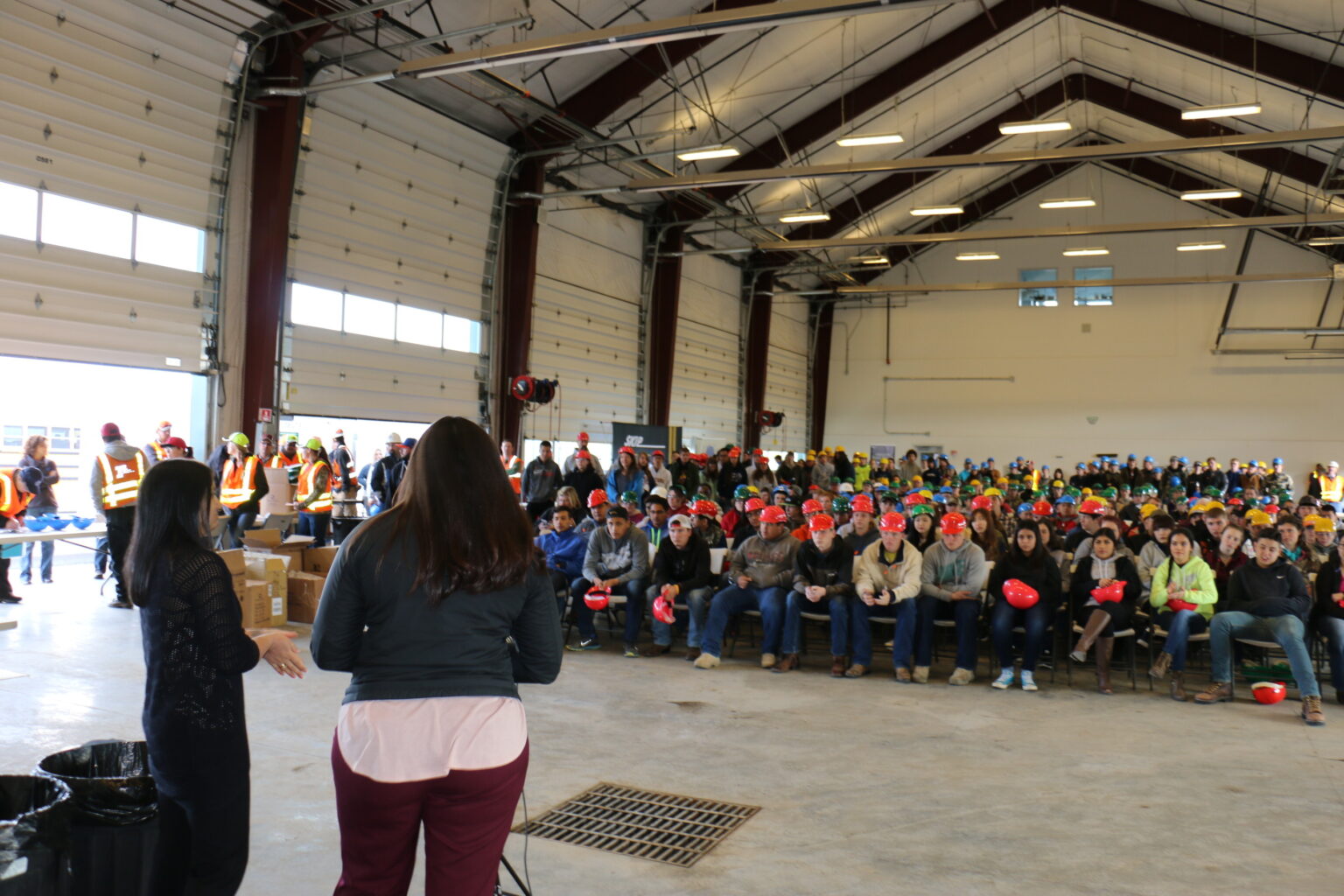Manzanita businesses aim to reduce plastic pollution
Published 5:00 am Thursday, February 11, 2021

- Debris mixed with pieces of plastic lays scattered on the beach at Fort Stevens State Park after a storm in January. This beach is one of the areas in Clatsop County known as a ‘plastic sink’ for the heavy amount of microplastics visible each winter.
MANZANITA — This time each year, winter storms leave some Oregon Coast beaches strewn with heavy amounts of debris, including plastics and microplastic pollution.
Local businesses in Manzanita are doing their part to reduce the amount of plastic they use, so as not to add to the buildup of microplastics that regularly wash ashore.
Natasha Stevens, the owner of Wild Grocery & Cafe, said using sustainable materials is important to her because of environmental concerns, including the need to keep plastic out of the ocean.
“Living right next to the ocean and spending time there, it sucks to see so much trash on the beaches,” Stevens said. “If we can do little bits to help, that’s what we’re trying to do.”
Wild offers a bulk section where customers can fill reusable glass jars with everything from herbs, oils and rice to baking ingredients and locally-sourced lotions and soaps.
“I love when people come in with the same jar they’ve been using for 20 years for their tea,” Stevens said, adding she also plans to have glass jars available for the bulk section.
Wild’s coffee and juice bar offers hay straws along with compostable plastic cups, although Stevens said she’d like to get metal cups for people to purchase with a deposit and reuse in the future. Wild also has paper containers in the deli section, tote bags available for purchase in the produce section and meat from local farms packaged without Styrofoam.
“If I have a choice between something that comes in plastic or glass I’ll always choose glass,” Stevens said.
Judson Moore and Suzy Freeman also consider the need to reduce plastic waste while stocking items for their clothing store, Unfurl.
“We’ve become aware over the years the industry we’re involved in accounts for a lot of waste,” Moore said. “We try to use companies that are aware of that as well and are using more sustainable practices.”
He said fast fashion trends and the desire for the stretchy, moisture-wicking qualities of synthetic clothing has led to a huge amount of plastic pollution from microfibers. When washed, the synthetic clothing leaves filaments of polymer fibers in the water, which end up in the ocean.
“There’s the visible plastic that we all see on the beach, the bottle caps and the used lighters and different bits and pieces of plastic,” Moore said. “But one of the really big issues with plastic pollution is microfibers.”
Unfurl carries the finely-meshed Guppyfriend Washing Bag. When consumers put their polyester sweaters and yoga pants into this bag in the washing machine, the bag is meant to keep microfibers from shedding into the water.
“It traps the particles in the bag and you have to clean them out of the bag and throw them away, but at least it keeps it out of the water,” Moore said.
Unfurl also offers clothing made of natural fibers, such as organic cotton and linen, from big brands like Patagonia and prAna as well as local brands like Portland-based designer Erin MacLeod.
Unfurl is a longtime contributor of 1% for the Planet, certifying that 1% of its gross sales go to local environmental nonprofits, including the Lower Nehalem Community Trust, North Coast Land Conservancy, Cape Falcon Marine Reserve and the Wildlife Center of the North Coast.
“Those people are doing the front-line work on environmental issues and restoration, protecting the land, animals and ocean right here,” Moore said. He added that Unfurl tries to source clothing made with sustainable materials, but that is difficult to do. “Even if we can’t find that many products that are truly sustainable, at least everything we do sell contributes to these local environmental groups,” he said.
Moore said as awareness of plastic pollution grows, so too does the demand for and the availability of sustainable materials.
“Making those types of choices at a consumer level is really important to do and it drives these industries to change,” he said. “If companies are seeing people buying more natural fibers or yogurt out of glass jars, they’re going to make more of that. People vote with their dollar for what they want to see in the world.”








